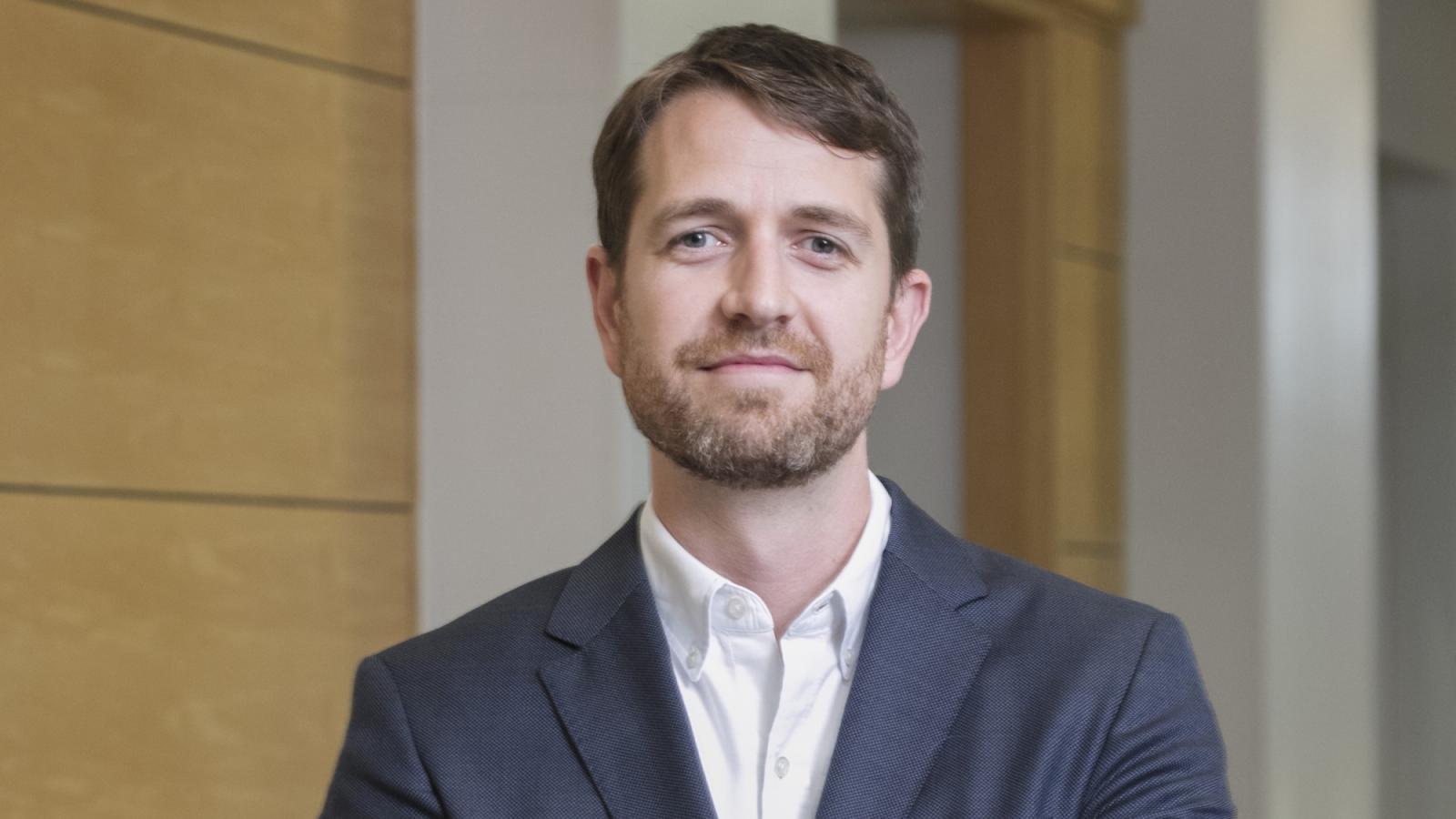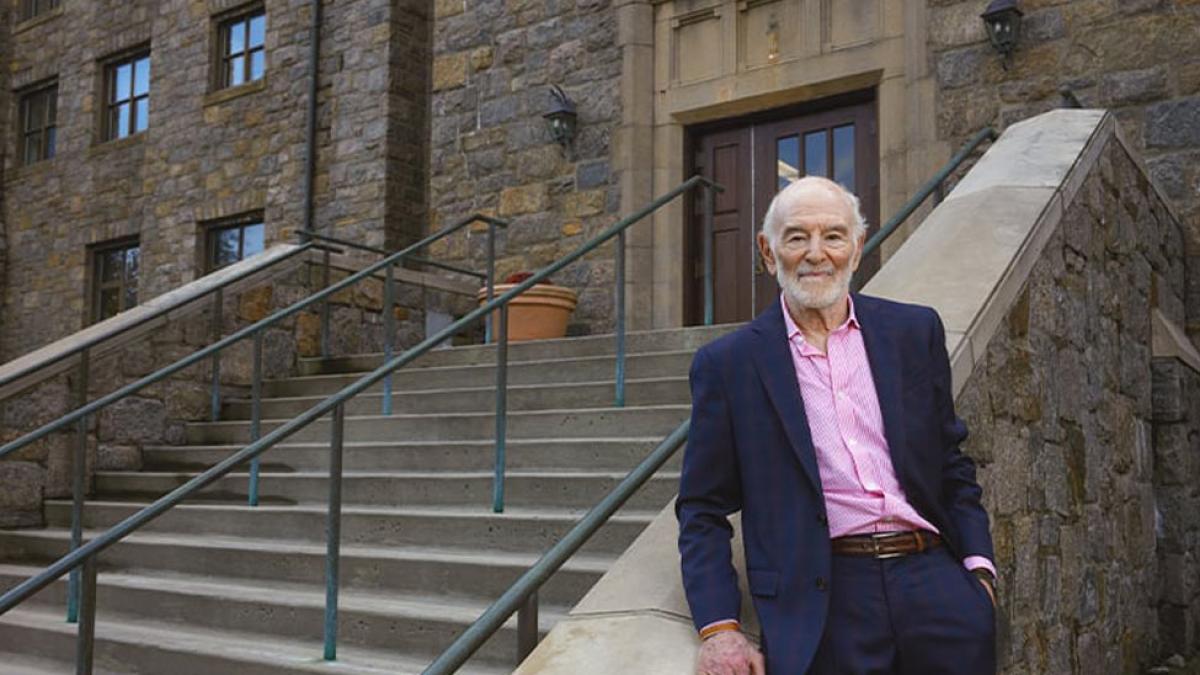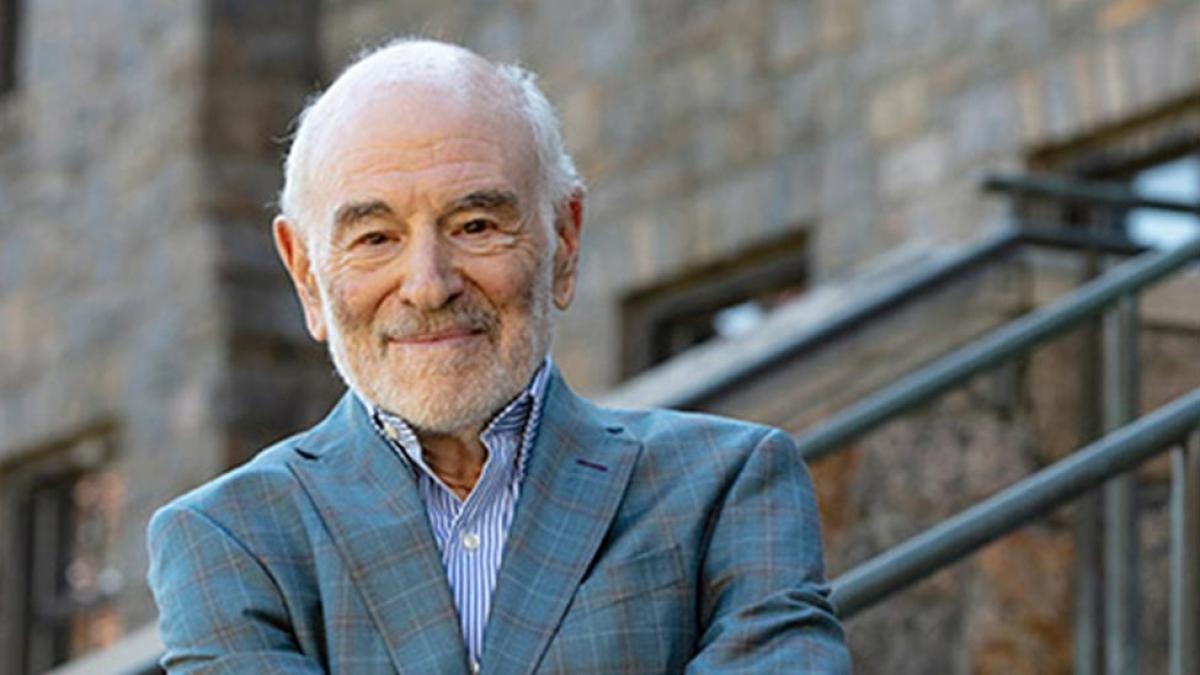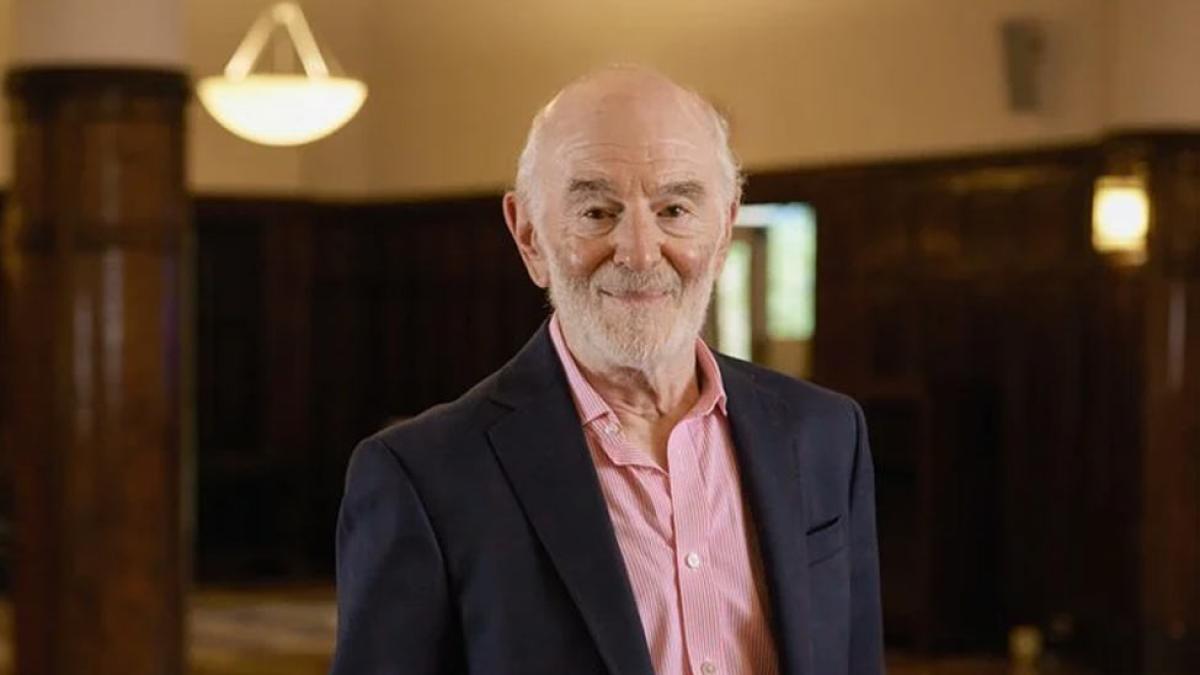Elisabeth Haub School of Law Professor Bennett Gershman speaks to Reuters about the Department of Justice’s consideration of charges against judges and lawyers involved in immigration-related cases. He calls the move part of a broader campaign to “terrorize, intimidate, [and] frighten” legal professionals into silence.
Faculty Focus: Professor Jonathan Brown

Professor Jonathan Brown joined the Haub Law faculty in 2016 and is Professor of Law for Designated Project or Service and Director and Founder of the School's Food and Farm Business Law Clinic, which launched in January 2017. The Food and Farm Business Law Clinic provides pro bono transactional legal services to small farm businesses, artisan food manufacturers, craft beverage entrepreneurs, and related nonprofit organizations. Prior to joining the Haub Law faculty, Professor Brown was a Clinical Lecturer in Law and Eugene Ludwig/Robert M. Cover Fellow in Law at Yale Law School, where he co-taught in the Community and Economic Development Clinic. Previously, he was also a senior associate at Milbank, Tweed, Hadley & McCloy LLP, in New York.
Let’s jump right in, why academia?
Coming out of law school I never seriously considered academia. Working at a firm, over time I realized that the part of my job I enjoyed the most was mentoring and teaching the young associates, whether it was leading in-house Continuing Legal Education (CLE) classes or teaching first-year associates the fundamentals of contract-drafting when we worked on deals together. At the same time, I liked transactional practice and didn’t want to give that up. I found the perfect balance in leading a transactional law clinic where I get to teach students through actual practice.
What brought you specifically to Haub Law?
In short, the chance to lead the Food and Farm Business Law Clinic (formerly the Food and Beverage Law Clinic). I was a fellow in the Community and Economic Development Clinic at Yale Law School, where I worked with small non-profits and community groups, including some work in the food and farming space. I hoped to start my own clinic after that fellowship. Professor Margot Pollans developed the idea of the Food and Farm Business Law Clinic and I thought it was an amazing, first-of-its kind concept: a law clinic devoted entirely to supporting change-makers in the food system through transactional legal practice. I jumped at the opportunity to come here and bring that idea into fruition.
What is the best part about teaching for you?
When I see something “click” for a student. For example, when a student in the Clinic working on their first contract for a client, after rounds of edits, feedback from the client, and negotiations with the other party, starts to see what’s actually involved in that kind of legal work and realizes that they really enjoy it. It’s rewarding to help a student come into their own as a burgeoning lawyer in that way.
What differentiates Haub Law?
Haub Law has a tight-knit community feel that sets it apart from other law schools in my experience. There is a sense that everyone is working together to help our students excel. The school is also very grounded in the actual practice of law, which I think is critical for setting our students up for success.
Can you talk a bit about food and agricultural law?
As practiced by our Clinic, terms like “food law,” “food and beverage law,” and “agricultural law” represent more of a multidisciplinary approach to a problem, as opposed to one specific substantive area of law. It stems from a recognition that legal support is a critical need for many of the “food revolutionaries” trying to improve our food system – for example farmers employing regenerative practices and selling directly to consumers, or community-based nonprofits focused on affordable access to local, healthy food in underserved communities. To achieve their goals, these groups need assistance in structuring business entities, negotiating contracts, navigating regulations, and more. Our Clinic’s work touches on multiple areas of law, centered around “transactional” corporate practice, to help these clients.
What are some recent cases that the Clinic has taken on?
The Clinic represents as many as 50 clients per year. Our most frequent type of case involves assisting clients in establishing business entities or nonprofits, which might include advising on business structures, drafting LLC operating agreements or other organizational documents, and applying for tax exemption for nonprofits. We also frequently assist clients in accessing land through drafting and negotiating farmland leases or other commercial leases. As for recent trends, we have been working with more clients on developing intellectual property strategies and applying for trademarks. We have also worked with more groups developing “cooperative” business structures, with recent examples including worker-owned cooperative farms and a cooperative of clothing designers formed for sourcing sustainably produced fiber directly from farmers. And we have recently worked with groups seeking to establish “community land trusts” or other creative structures for facilitating affordable farmland access.
What do you hope students get out of the Clinic?
For one, I want them to get the confidence and experience that comes with having their own clients and leading a representation. I also want them to appreciate some of the unexpected ways in which their legal practice can be a force for good—that even if they want to practice transactional or corporate law there are opportunities for using that to serve the public interest that people don’t always recognize.
What do you wish students would realize sooner rather than later?
That a career is long and can take a lot of twists and turns—certainly that’s the case for many of the lawyers I admire most. Students should of course focus on getting that first job after graduation, but I encourage them to recognize that is often just the first step in a long journey. If a student is passionate about something, they should use the brief amount of time they have in law school to nurture it, even if they may at first take a job doing something completely unrelated after graduating. I think keeping that long-term perspective in mind helps in developing a rewarding and exciting career.
What are some of your current research interests?
For the last two years I have taught Nonprofit Organizations, and I am particularly interested in relationships between nonprofits and for-profit businesses. This work dovetails with much of the Clinic’s work, as we work with a number of nonprofit clients who incorporate business activities in novel ways. Recently I have been exploring the IRS’s evolving position on limited liability company subsidiaries of nonprofits and the approaches that different states are taking to these structures.
Outside of work, what takes up your free time?
I have two young children who take up most of my free time—in the best way possible! I love helping them with the many activities they do: Cub Scouts, Daisy Scouts, piano, dancing, sports, etc. Right now I’m coaching my son’s youth soccer team. I also like to cook and garden, and I love hiking and skiing with my family.


